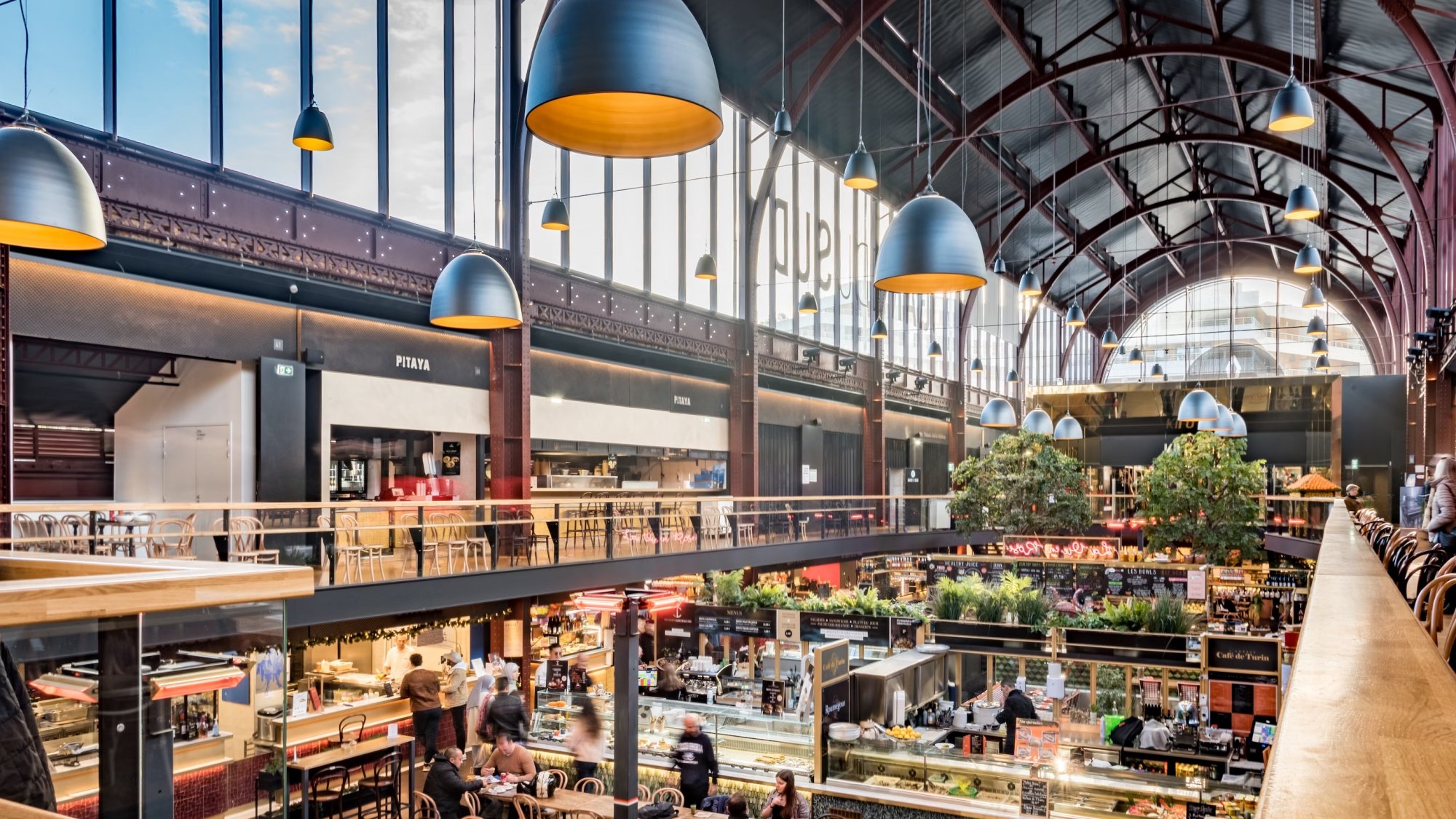
Dim bright lights in safe places. Luminous patterns with today's offers come out. The volume on QR/barcode scanners at cash registers has been reduced. The music and loudspeaker ads stop.
It's the “quiet hour”, a business practice gaining popularity in supermarkets abroad, and now in other retail businesses in tough times of punctuality. But not only for this reason…
In other places on a weekly basis and in others more regularly – in the morning, in the afternoon or even all together – they offer a different consumer experience to customers.
This doesn't mean that shopping carts stop rolling through supermarket aisles.
Or there is deathly silence in the shops. Nor have the queues in front of the cash desks become shorter.
The idea behind Quiet Hour shopping is to create a quieter shopping environment for customers who prefer or really need it.
It makes retail spaces more sensory-friendly and inclusive.
It makes it easier for those who don't want or can't tolerate strong stimuli, such as loud music, bright lights, and noise.
The focus is on people on the autism spectrum, those with attention deficit hyperactivity disorder (ADHD), those with high levels of anxiety or neurological conditions, as well as those who simply prefer a calmer atmosphere while shopping.
Quiet Hour was implemented a few years ago as a more specialized, low-cost “boutique” or business strategy, with a major push in Britain, New Zealand and Australia.
It has become more and more of a trend now.
It has been adopted by major supermarket chains, incl shopping centers In different countries.
Moreover, it is finding an increasing response from more and more consumers, as an antidote to the “overload” of the senses even while shopping. Especially not in big cities.
Image source Pixabay Image source Pixabay Image caption More and more major supermarket chains abroad are reducing lights and noise to make shopping easier for certain categories of customers
Shopping…low intensity
despite NeurodiversityThere are so many people for whom crowded stores, lots of sounds and bright lights can be a stressful experience.
Especially after the painful experience of the recent COVID-19 lockdowns.
Blurred noise and excessive visual stimuli overstimulate the senses, leading to increased impulsive purchases as a marketing strategy.
However, it causes real fatigue for many consumers.
Especially for people with forms of autism, anxiety and neurological conditions, the usual hustle and bustle of supermarkets and other large retail businesses can turn into a major challenge.
So much so that they eventually avoid going shopping.
Older research A study conducted by the British National Autistic Society showed that 79% of people with autism feel socially isolated, while 64% of them avoid going to stores.
However, in recent years the organization has focused on a campaign to encourage more retail businesses to adopt the “quiet hour” practice, including staff training.
As in other countries, this trend is spreading to Germany, the largest economy in Europe.
The so-called “quiet shopping hours” are gaining popularity in more and more stores in German cities.
According to the Lower Saxony-Bremen Chamber of Commerce, for example, department stores, and even clothing stores, have begun to adopt the practice.
According to the club's managing director, Mark Alexander Krak, the benefits are multiple.
It is a corporate social responsibility policy that makes shopping more convenient for all groups.
It's a good advertisement for the stores themselves. It also serves as a little “break” for working staff.
Experts confirm that providing comprehensive services improves, in addition to the consumer experience, the possibilities of increasing companies’ revenues (Credit: Unsplash/Joshua Rawson-Harris)
Benefits for everyone
In fact, for retail businesses, the potential to increase revenue, by attracting more customers, beyond online shopping, is also a positive.
Related has been recorded Stady From PwC in collaboration with the Australian Center for Inclusive Design, Adobe and Microsoft before the pandemic.
She said providing services and manufacturing products comprehensively could generate $4 billion in additional revenue by reaching more consumers.
The study indicated that one way to achieve this is to improve the shopping experience and make it accessible to a greater number of people.
“Quiet hour” shopping is one of the practices mentioned.
It found that “the initiative not only affected people with autism, but also consumers who wanted peace and quiet while shopping.”
The study's authors point out that the advantage of inclusive services and products is that they ultimately reach a broad audience, not just people with special needs.
As an example they mention the electric toothbrush.
“It's designed for people with limited mobility,” they say.
But now “they are also becoming popular with consumers who do not face similar problems.”

“Avid problem solver. Extreme social media junkie. Beer buff. Coffee guru. Internet geek. Travel ninja.”





More Stories
In SMERC of Nikos Karamouzis the percentage of the continental bottling industry
An unpleasant development with all aircraft: and in Greece – what will happen in May
Look how they trampled on her like that..